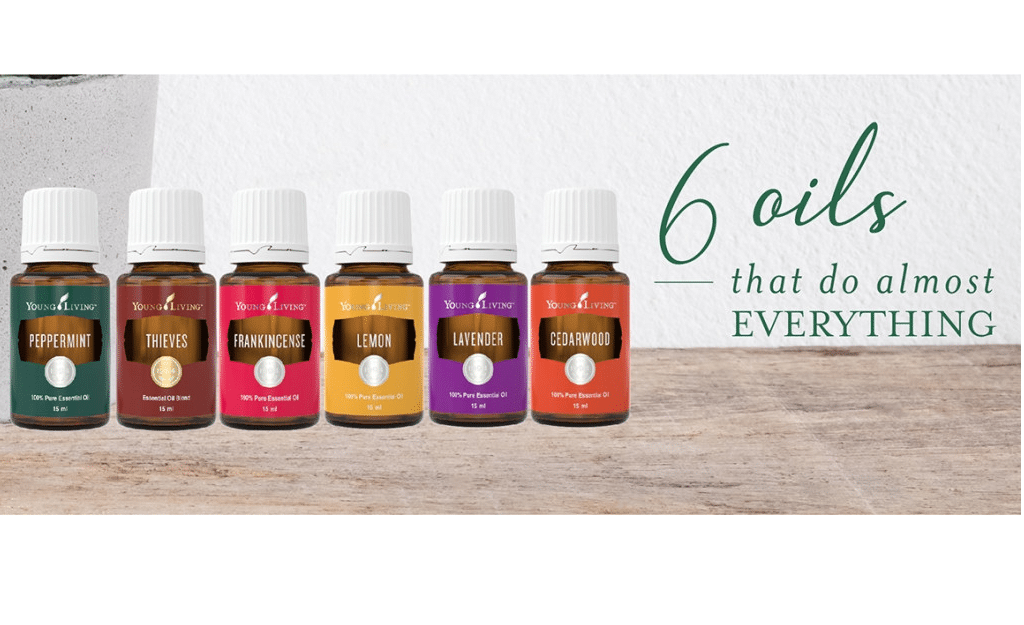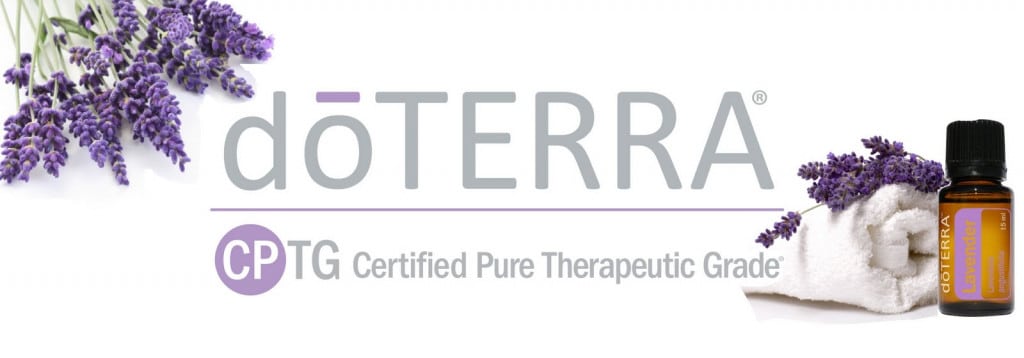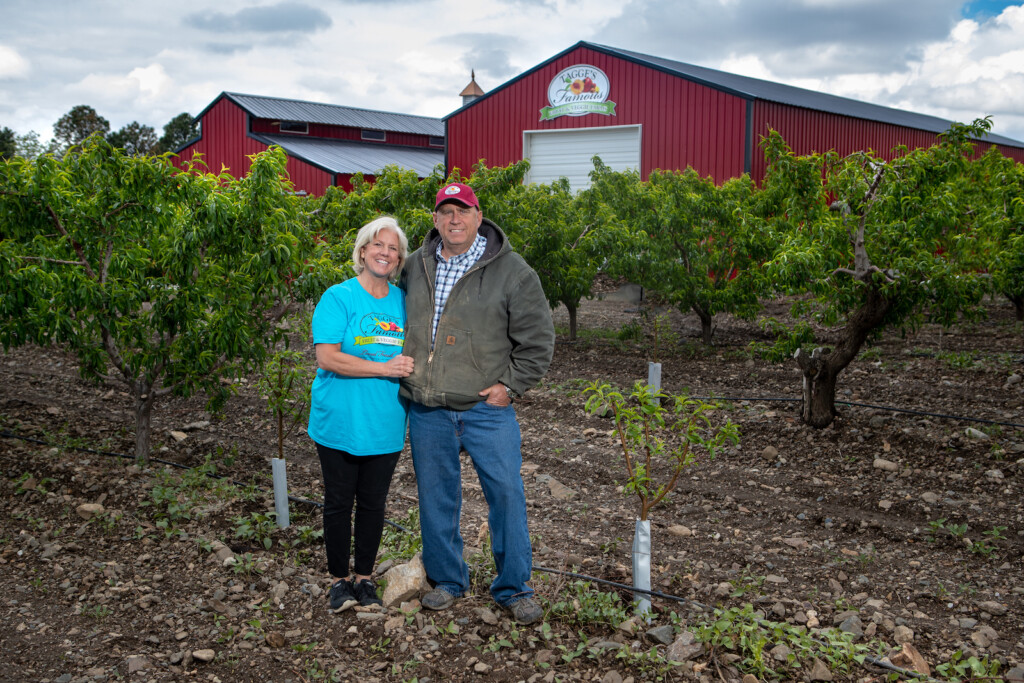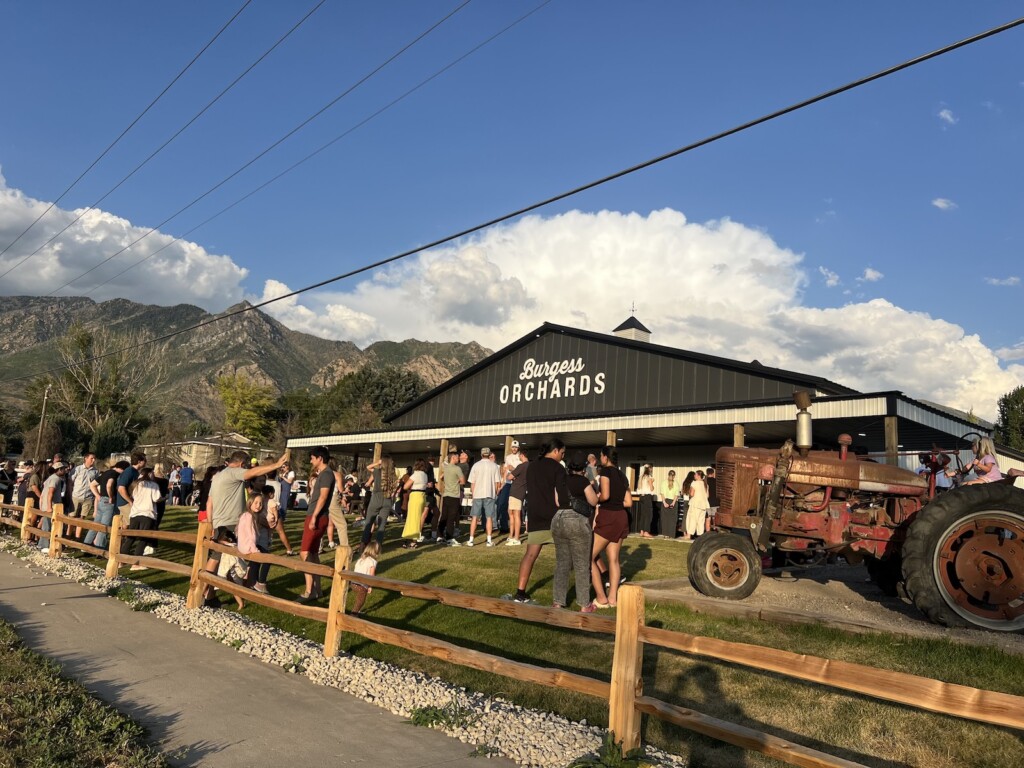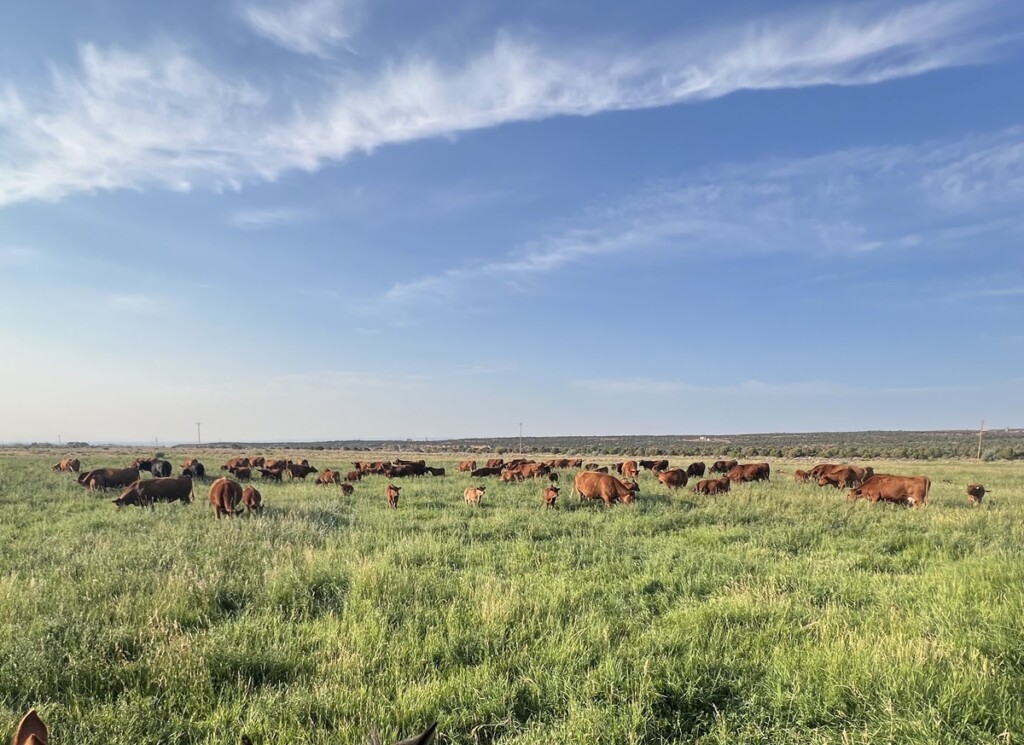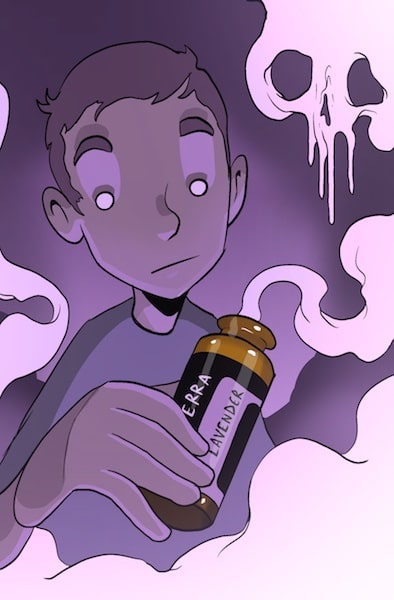
The following story was written and researched by The Utah Investigative Journalism Project in partnership with Utah Stories.
Utah-based Young Living Essential Oils has boasted of having over 3,000 global employees, more than six million members, and of being the “world leader in essential oil research and development.” But in 2020 when the company was asked by the National Advertising Division about the science used to justify company claims about its products, the company argued that it should not be required to provide “competent and reliable evidence.”
The NAD ruled against Young Living, who appealed the decision to the National Advertising Review Board, which also ruled against Young Living in November 2020. Since then the company has agreed to stop making claims about certain products’ ability to increase calm and energy and to remove the label “therapeutic grade” from all its products. Around the same time, DoTerra was also dinged by the self-regulating group and was asked to discontinue its use of the term “certified pure therapeutic grade” in describing its products.
While Young Living promised to comply, a class action lawsuit filed in January of this year states the company continues to use misleading claims in its marketing.
Self-regulating… at first
Laura Brett is the executive vice president of the National Advertising Division, a National BBB Program. She says SC Johnson asked the division to investigate Young Living and DoTerra’s claims of therapeutic and health benefits from their essential oil products.
Brett says even though the NAD asks for voluntary compliance, it also works closely with the Federal Trade Commission.
“Ninety percent of companies agree to comply with our requests,” Brett says. And those that don’t, she states, are referred to the FTC. “The FTC has a strong track record of following up on these referrals,” she says.
The process then follows something very similar to court, with both sides able to present evidence and make oral arguments before the NAD. If they’re unhappy with the decision, they can appeal it to the NARB.
Both Young Living and DoTerra were challenged on numerous claims that included the products could help users sleep better, relax and alleviate anxiety, and gain focus and energy.
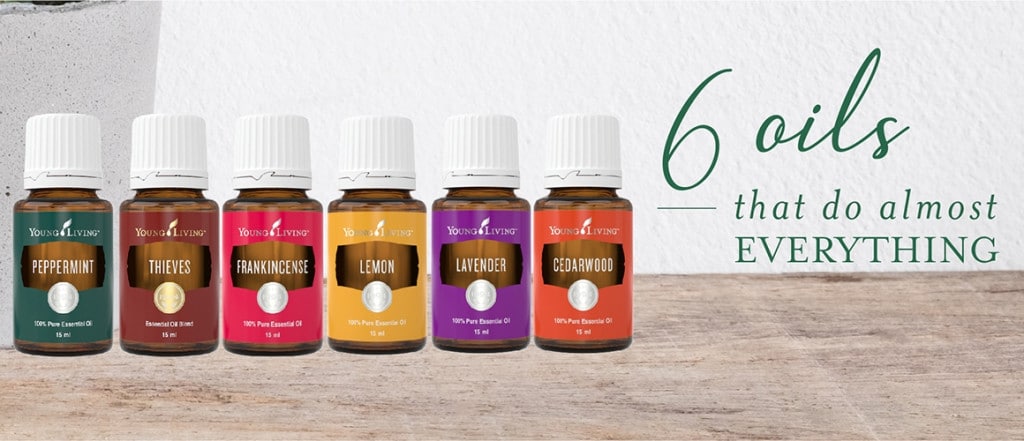
The “Therapeutic Grade” label was a major sticking point, with both companies claiming it didn’t necessarily mean that products had medicinal benefits, just that they were very pure.
In the hearings, consumer surveys were commissioned by the multi-level marketers as well as S.C. Johnson to see what people thought of the use of the term “therapeutic grade.” The survey results commissioned by Young Living showed “therapeutic grade” had little impact on consumer perception. But the survey was also criticized by NAD for subpar standards. For example, it wasn’t a “double-blind” survey and certain questions were crafted in a way that may have influenced answers of respondents. Young Living’s survey also didn’t even ask respondents specifically about how they interpreted the meaning of “Therapeutic Grade.”
The NAD found the double-blind survey conducted by SC Johnson to meet acceptable standards. SC Johnson’s survey actually asked respondents what “therapeutic grade” meant to them, and 59% of respondents in the test group said it meant the “oils have healing or medicinal powers.”
Young Living also provided research from nine separate clinical studies showing the health benefits of essential oil.
The NAD’s official decision, however, notes that Young Living “did not submit any studies” conducted on the company’s own essential oils, but instead offered research on common essential oil ingredients. The NAD found that research unreliable since “essential oils are not uniform in composition.”
It was in this argument that Young Living also objected to having to apply the “competent and reliable standard” of evidence. The NAD shot them down there as well.
Brett with the NAD says that standard is important as the division follows the same benchmarks as the FTC.
“We’re not creating a standard based on our own opinions about what advertising should be, or what the standards are for truthfulness in advertising,” Brett says. “We rely on the FTC’s guidelines.”
When Young Living lost its appeal in November, the company issued a memo in December to members about the change, now apparently embracing the decision to stop using the misleading “therapeutic grade” on its labels.
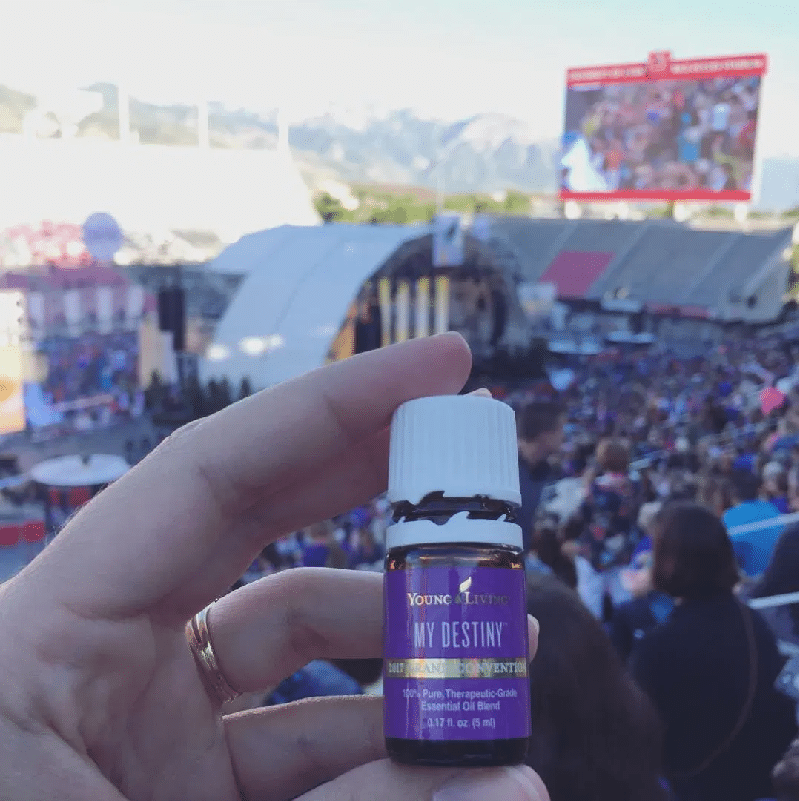
“While other companies may not immediately follow this directive, we are leading the change to better protect your legacy and ours,” the company statement says.
The other company challenged its claims, and DoTerra did not fare much better. DoTerra also fought the scientific standard and pushed back against the idea that clinical trials would be needed to support their marketing claims. Instead, they provided testimony from a doctor as to the “generalized” health benefits of essential oil products. The NAD, and later the NARB, similarly noted that DoTerra lacked meaningful data to support claims of their products in denying the company’s claims.
Of the 70 scientific reports provided by DoTerra, only one tested one of the company’s own products, and even there the NAD “found several methodological flaws” with the study.
In a statement about the decision, DoTerra spokesman Kevin Wilson noted that “quality was never in question,” in regards to the hearings and that while DoTerra supports self-regulation they disagreed with the NAD decision.
“We firmly believe NAD misunderstood the law and applied the wrong legal standard,” the statement says.
Young Living stated that it had no comment about the NAD and NARB decisions.

A “complicated challenge”
Critics have long pointed out that getting multi-level marketing companies to follow the rules is a challenge when they use armies of contractors or “members” who sell products in one-on-one settings where they can often literally say whatever they want about the products.
“It’s a complicated challenge,” says Peter Marinello, vice president of the Direct Sales Self Regulatory Council. “These companies have battalions of sales members, so getting your arms around what these enormous sales forces are doing — it’s difficult.”
MORE STORIES ON ESSENTIAL OILS
The validity of evidence of Young Living’s case against doTERRA.
Young Living Farms receiving a warning letter from the FDA
Gary D. Young Fabricates Lies About Somalian Native
Young Living: Successfully Suppressing the Facts
Lavender Fields of Deceit?
Subscribe to Utah Stories weekly newsletter and get our stories directly to your inbox

